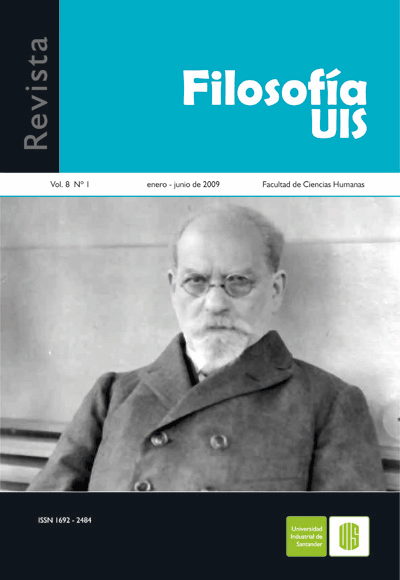Published 2009-07-07
Keywords
- fictional terms,
- vague terms,
- ontological commitment,
- Kripke
How to Cite
Copyright (c) 2009 Omar Hildebrando Vásquez

This work is licensed under a Creative Commons Attribution 4.0 International License.
Abstract
In this paper, I adhere to the theory of direct reference of meaning. I hold that the meaning of a name is its bearer and that this bearer is not necessarily a spacio-temporal entity. I will argue that meaning of a vague term is inevitably binded to its roots, and that this takes us to a classification of two kinds of vague terms: vague terms "of belief" and "of human activities". From this, I will show that the sentences that contain these terms do not lack of truth value. I will differentiate this proposal from the analysis made by Saul Kripke in respect to fictional terms. I will conclude arguing that the ontological commitment arising from this account is much favorable the ones assumed by other theories.
Downloads
References
Frege, G.: “Sobre sentido y referencia”, en Estudios sobre semántica, traducción de Ulises Moulines. Madrid: Orbis, 1892a, 1985.
Kripke, S.: “Reference and Existence”. The John Locke Lectures for 1973. Inédito.
Kripke, S.: El nombrar y la necesidad, traducido por Margarita M. Valdés. México: UNAM, 1985.
Meinong, A.: “The Theory of Objects”, en Chisholm, R. (Ed.) Realism and the Background of Phenomenology. Glenoe, Illinois: The Free Press, 1960.
Russell, B.: ”On Denoting”, en Logic and Knowledge. Londres: George Allen and Unwin, 1956.
Russell, B.: Introducción a la filosofía de la matemática. Barcelona: Paidós, 1988.
Sainsbury, R.: Reference without Referents. Oxford: Clarendon Press, 2005.
Simpson, T.: Formas lógicas, realidad y significado. Buenos Aires: Eudeba, 1964.
